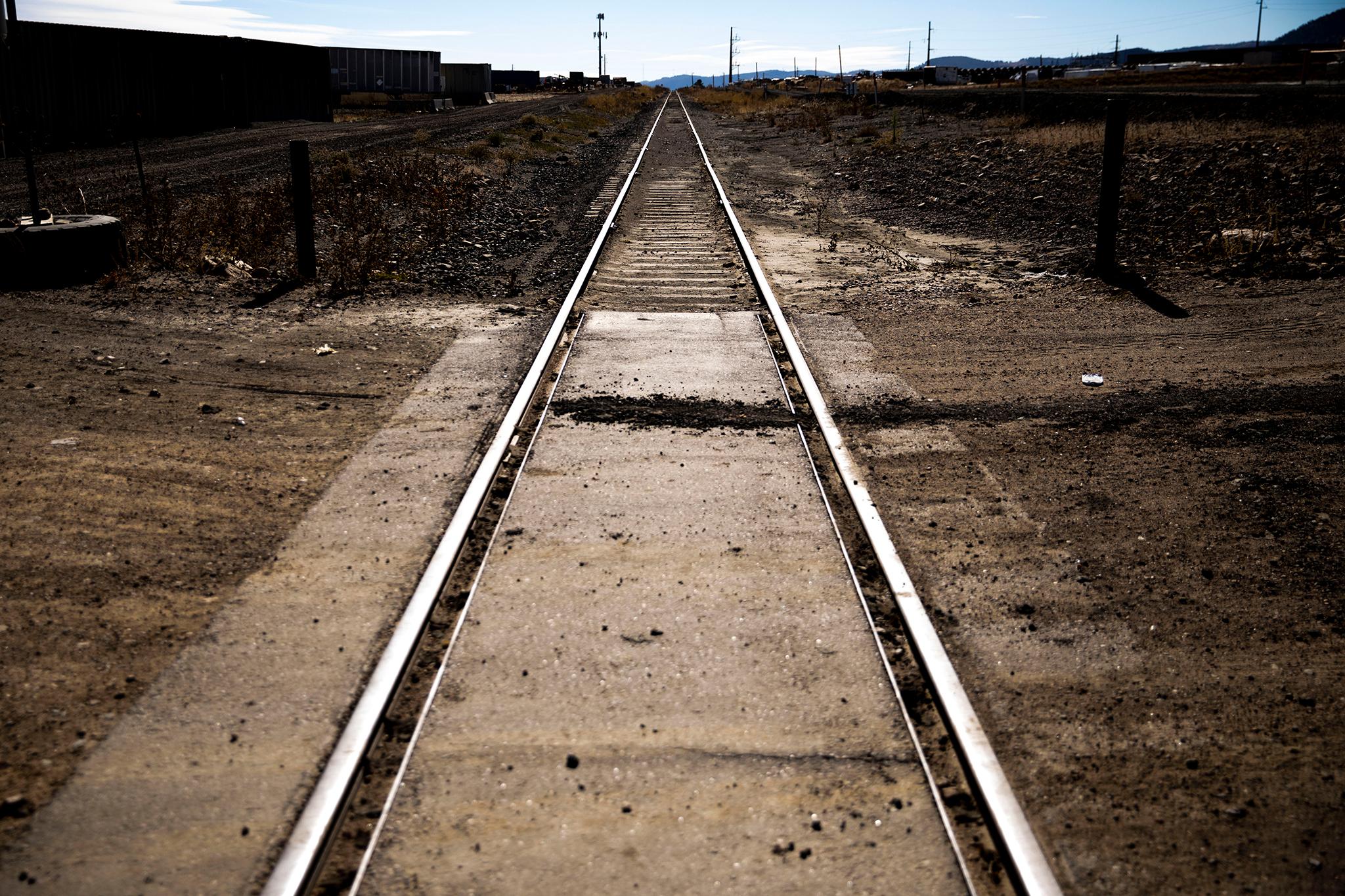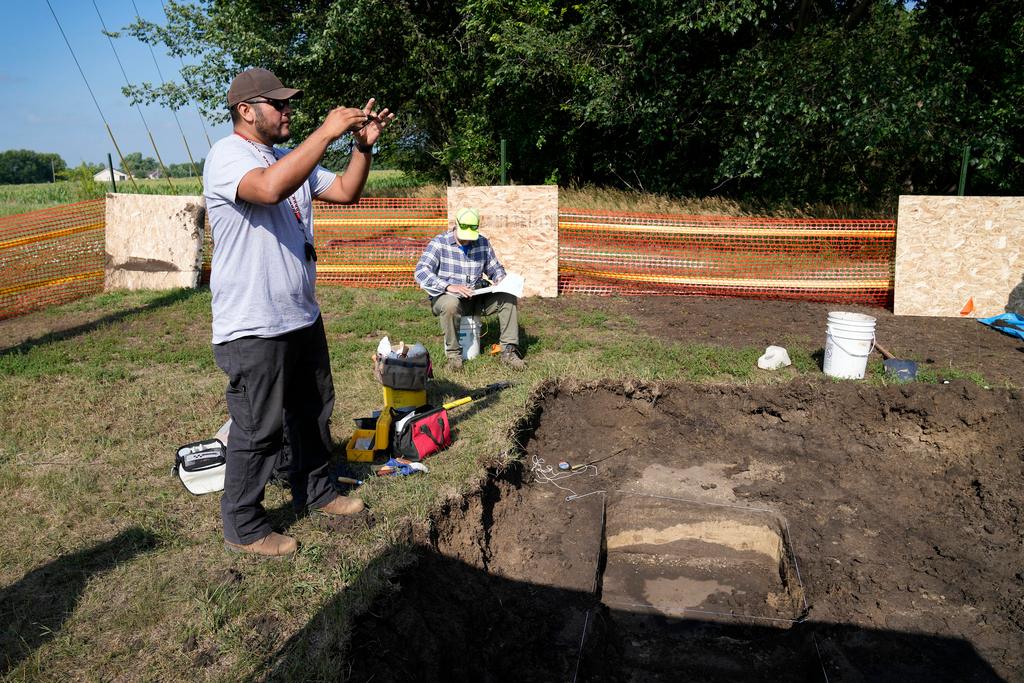
Democratic Sen. Michael Bennet and Democratic Rep. Joe Neguse are urging U.S. Secretary of Agriculture Tom Vilsack to block the controversial Uinta Basin Railway Project from progressing.
In a letter sent Monday, Bennet and Neguse shared concerns with Vilsack over the 88-mile railway project, which was approved by the Surface Transportation Board in 2021. The project would allow the transport of crude oil from Utah to the Gulf Coast by connecting new lines with the national rail network. The trains would pass through Colorado along the Colorado River — a vital water system that supplies nearly 40 million people across the West with drinking water and water for irrigation.
“A train derailment that spills oil in the headwaters of the River would be catastrophic not only to our state’s water supplies, wildlife habitat, and outdoor recreation assets, but also to the broader River Basin,” the representatives wrote in their letter to Vilsack.
Bennet and Neguse wrote that the U.S. Forest Service, an agency that Vilsack’s department oversees, can block the railway’s progress by not issuing a Special Use Authorization for construction in Ashley National Forest, federal land in Utah and Wyoming. They asked that Vilsack block construction until his department conducts a supplemental review to evaluate the “effects of this project on Colorado’s local communities and environment.”
“This review is especially critical in light of the recent train derailment and environmental disaster in East Palestine, Ohio, which has laid bare the threat of moving hazardous materials by rail,” the letter said.
The U.S. Forest Service previously upheld its decision to allow the Uinta Basin project to be built within Ashley National Forest, despite objections from environmentalists and some Colorado counties.
Under the plan, multiple trains a day would run between Utah and Gulf Coast refineries, carrying up to 350,000 barrels of heated, waxy crude oil. In Colorado, trains would pass along Grand Junction, Gore Canyon, Winter Park and Denver, before heading east or south.
The project is being primarily funded by the private sector, including railroad company Rio Grande Pacific and investment firm DHIP Group, which has committed to pay up to $1.5 billion. The Seven County Infrastructure Coalition, a public entity that represents the interests of seven Utah counties, has given the railway its stamp of approval, stating the increase in oil production revenue will benefit Utah’s economy.
Proponents of the project argue it would increase oil production in the Uinta Basin. The Coalition identified rail as the preferred transportation mode for the crude oil, as there are limitations to the amount that can be carried on roadways, and the oil is too viscous to be moved by pipeline.
“Although we agree it is vital to secure our domestic energy supply, we do not accept that it requires imperiling the Colorado River or the local communities that live along it,” wrote Bennet and Neguse.
Construction is expected to begin in 2024.









